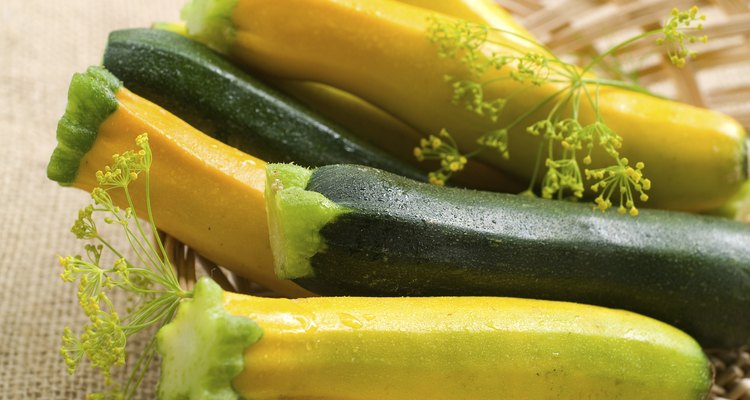
Wiktory/iStock/Getty Images
Dietary fiber plays an important role in wellness, influencing everything from bowel function to blood glucose control and heart health. Although fiber recommendations vary from 21 g a day for older women to 38 g a day for younger men, the average American takes in only about 14 g a day of dietary fiber. Zucchini and other types of squash provide dietary fiber, particularly when their skin and seeds are intact.
Fiber Content
A cup of sliced raw zucchini with skin intact delivers 1.1 g of fiber in only 19 calories. A large raw zucchini has 3.2 g of fiber in 55 calories, a medium contains 2 g in 33 calories and a small raw zucchini delivers 1.2 g in 20 calories. If you boil and drain zucchini slices with the skin intact, you get 1.8 g of fiber in 28 calories. One cup of mashed, boiled and drained zucchini provides 2.4 g of fiber in 36 calories.
Significance
Zucchini doesn’t meet the criteria of 3 g to 5 g of fiber per serving for a high-fiber food, nor does it qualify as the 2.5 g to 4.9 g per serving for a “good source of fiber.” However, it does contain plenty of vitamins, minerals and other nutrients in a low-calorie package with some fiber. Choose fresh, raw zucchini when possible and leaves the peel and seeds intact when preparing your serving. Watch out for overly-processed zucchini. A ½-cup serving of canned Italian style zucchini, for example, has no measurable dietary fiber.
Adding Fiber
Combine ½-cup sliced raw zucchini with other high-fiber vegetables to create a high-fiber meal or snack. Add 1 cup of dark greens, such as Swiss chard, collard or beet greens, for an additional 8 g of fiber. Toss in ¼-cup of fresh or frozen green peas to add 2.3 g of fiber, and add ¼ cup of black beans for 4.9 g more. Your salad will deliver 15.8 g of fiber while adding only 138 calories to your daily intake.
Benefits
Plant fiber from zucchini and other vegetables enters your intestines relatively intact and isn’t absorbed the way protein, fat or carbohydrates are. The fiber stays in your bowels to bind with water and form softer, larger stools that pass easily through your intestines and out of your body. A high-fiber diet prevents constipation that can lead to hemorrhoids, diverticulosis, diverticulitis and other chronic gastrointestinal disorders.
Related Articles
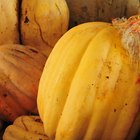
How to Store & Keep Zucchini and Squash ...
How to Boil Chayote
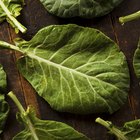
The Healthiest and Best Way to Cook ...
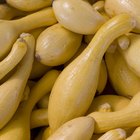
How to Clean Butternut Squash
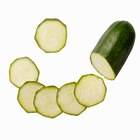
How to Cook Zuccini & Squash in a ...

How to Cook Rutabaga in the Microwave
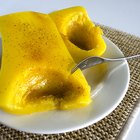
How to Cook Buttercup Squash

How to Cook Zucchini Spaghetti in a ...

How Fast Does Cooked Spaghetti Squash ...
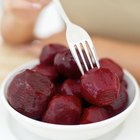
How to Boil Beetroot

How to Cook Kale Raab
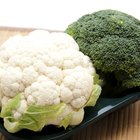
How to Roast Broccoli & Cauliflower

How to Boil Orzo in Chicken Broth

How to Cook Red Aztec Spinach

How to Store Brussels Sprouts

How Long Does It Take to Steam a Yam?

How to Freeze Fresh Asparagus
How to Grill Chayote Squash

How to Cook a Turban Squash
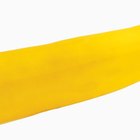
What Is Yellow Zucchini?
References
Resources
Writer Bio
Sandy Keefe, M.S.N., R.N., has been a freelance writer for over five years. Her articles have appeared in numerous health-related magazines, including "Advance for Nurses" and "Advance for Long-Term Care Management." She has written short stories in anthologies such as "A Cup of Comfort for Parents of Children with Special Needs."
Photo Credits
Wiktory/iStock/Getty Images